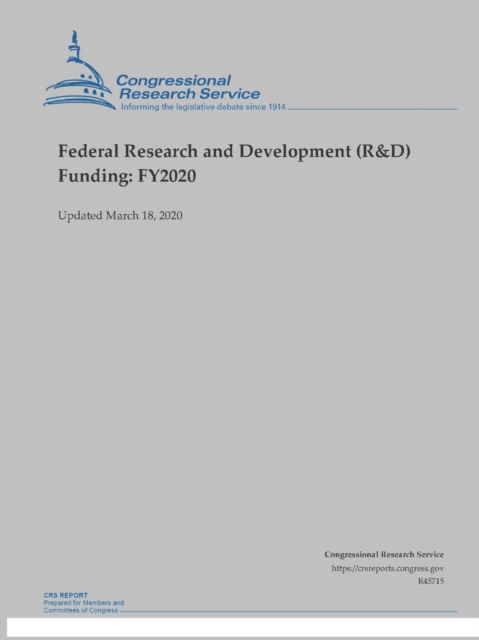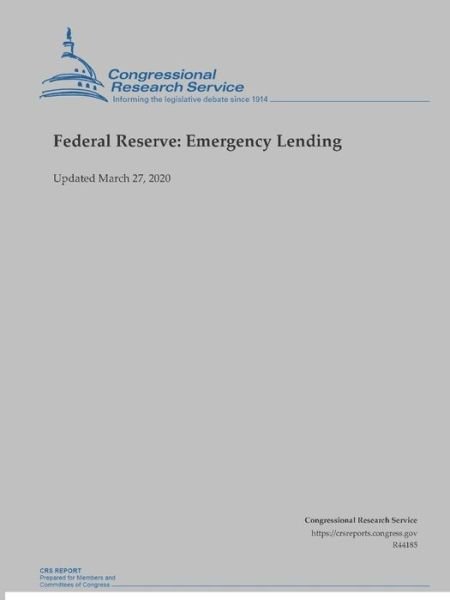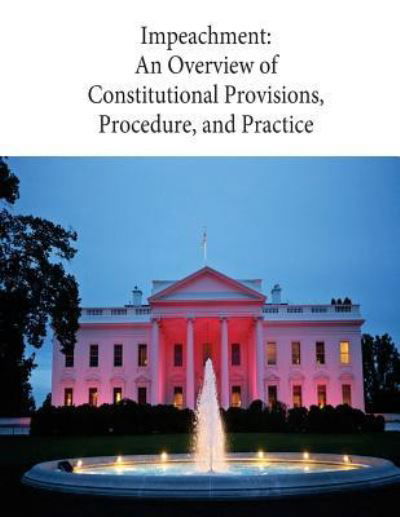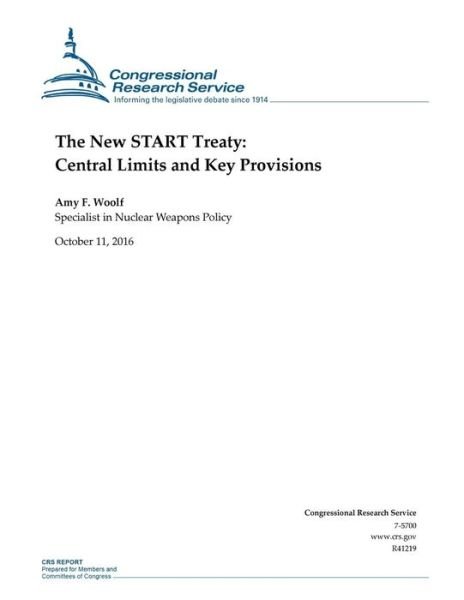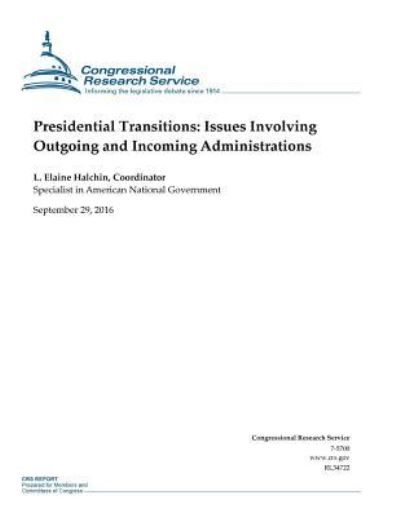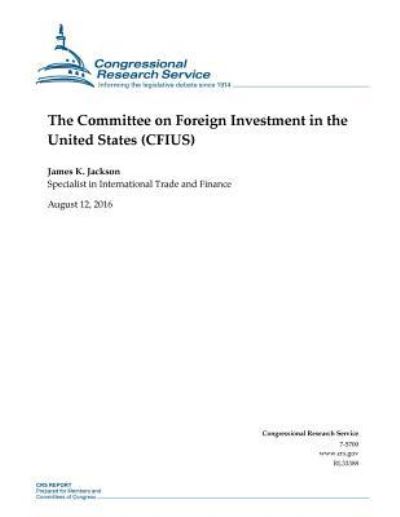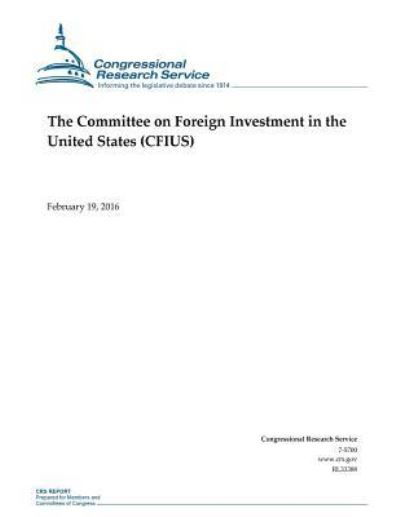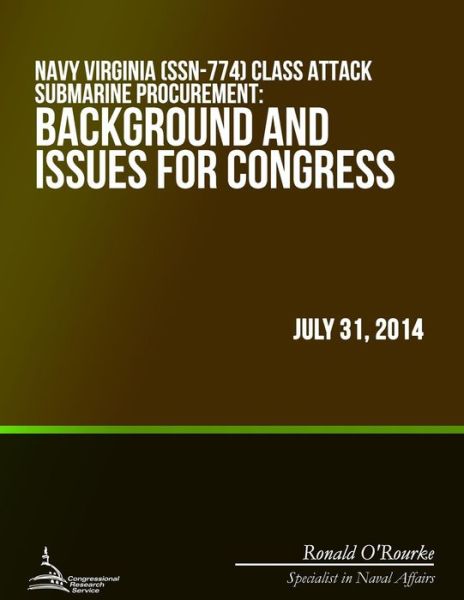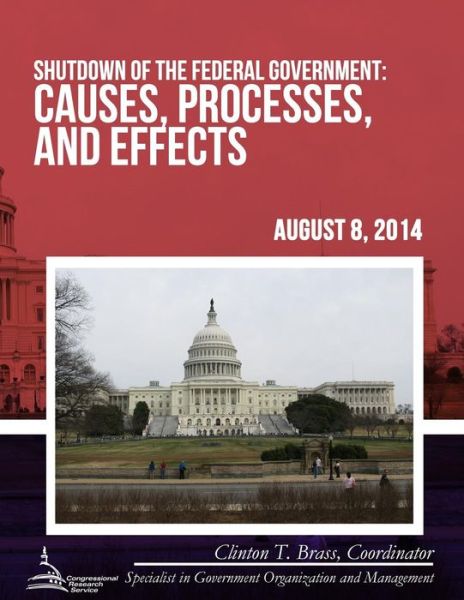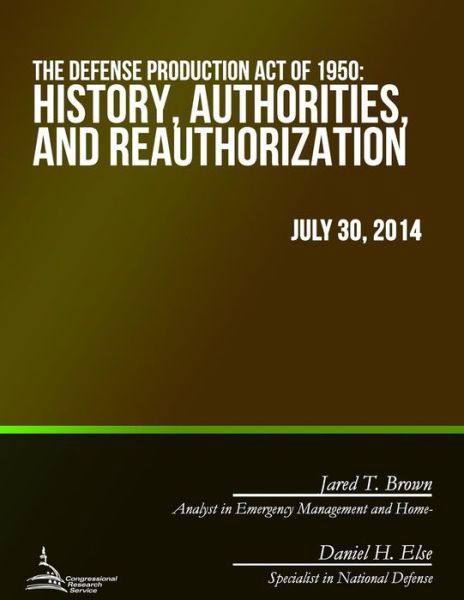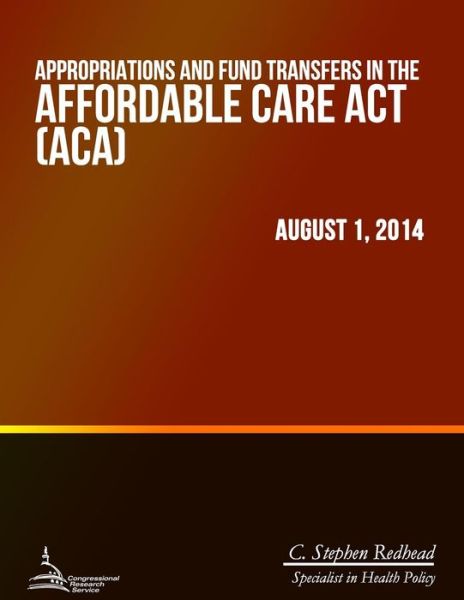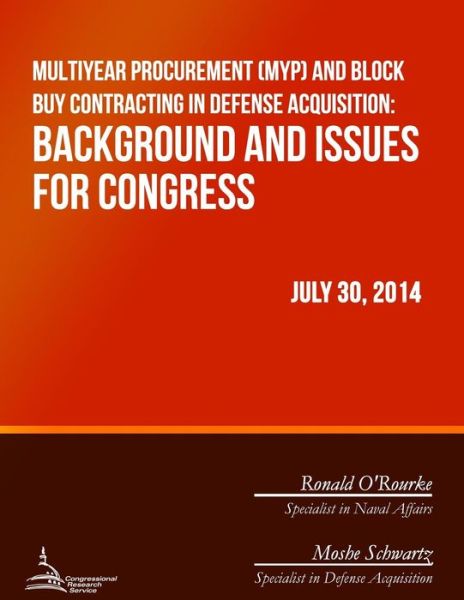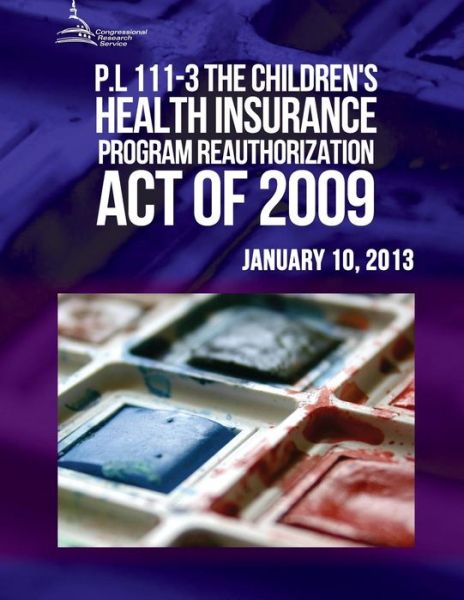
Vertel uw vrienden over dit artikel:
International Law and Agreements
Congressional Research Service
International Law and Agreements
Congressional Research Service
International law is derived from two primary sources-international agreements and customary practice. Under the U. S. legal system, international agreements can be entered into by means of a treaty or an executive agreement. The Constitution allocates primary responsibility for entering into such agreements to the executive branch, but Congress also plays an essential role. First, in order for a treaty (but not an executive agreement) to become binding upon the United States, the Senate must provide its advice and consent to treaty ratification by a two-thirds majority. Secondly, Congress may authorize congressional-executive agreements. Thirdly, many treaties and executive agreements are not self-executing, meaning that implementing legislation is required to render the agreement's provisions judicially enforceable in the United States. The status of an international agreement within the United States depends on a variety of factors. Self-executing treaties have a status equal to federal statute, superior to U. S. state law, and inferior to the Constitution. Depending upon the nature of executive agreements, they may or may not have a status equal to federal statute. In any case, self-executing executive agreements have a status that is superior to U. S. state law and inferior to the Constitution. Courts generally have understood treaties and executive agreements that are not self-executing generally to have limited status domestically; rather, the legislation or regulations implementing these agreements are controlling. In addition to legally binding agreements, the executive branch also regularly makes nonlegal agreements (sometimes described as "political agreements") with foreign entities. The formality, specificity, and intended duration of such commitments may vary considerably, but they do not modify existing legal authorities or obligations, which remain controlling under both U. S. domestic and international law. Nonetheless, such commitments may carry significant moral and political weight for the United States and other parties. Unlike in the case of legal agreements, current federal law does not provide any general applicable requirements that the executive branch notify Congress when it enters a political agreement on behalf of the United States. The effects of the second source of international law, customary international practice, upon the United States are more ambiguous. While there is some Supreme Court jurisprudence finding that customary international law is "part of" U. S. law, domestic statutes that conflict with customary rules remain controlling, and scholars debate whether the Supreme Court's international law jurisprudence still applies in the modern era. Some domestic U. S. statutes directly incorporate customary international law, and therefore invite courts to interpret and apply customary international law in the domestic legal system. The Alien Tort Statute, for example, which establishes federal court jurisdiction over certain tort claims brought by aliens for violations of "the law of nations." Although the United States has long understood international legal commitments to be binding both internationally and domestically, the relationship between international law and the U. S. legal system implicates complex legal dynamics. Because the legislative branch possesses important powers to shape and define the United States' international obligations, Congress is likely to continue to play a critical role in shaping the role of international law in the U. S. legal system in the future.
| Media | Boeken Paperback Book (Boek met zachte kaft en gelijmde rug) |
| Vrijgegeven | 11 oktober 2018 |
| ISBN13 | 9781727822243 |
| Uitgevers | Createspace Independent Publishing Platf |
| Pagina's | 42 |
| Afmetingen | 216 × 280 × 2 mm · 122 g |
| Taal en grammatica | Engels |
Meer door Congressional Research Service
Meer uit deze serie
Bekijk alles van Congressional Research Service ( bijv. Paperback Book en Book )


